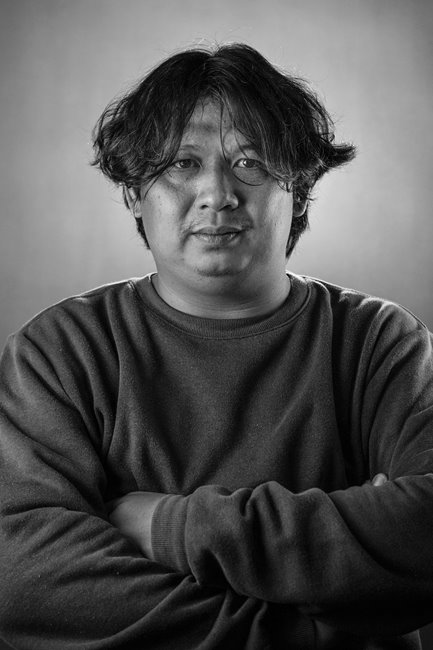Indonesian President Joko Widodo (center) accompanied by National Police Chief General Badarudin Haiti (left) and Indonesian National Military Commander General Gatot Nurmantyo (right) inspecting devastation caused by fire in Ogan Komering Ilir, South Sumatra. During this visit the president took action to punish companies that intentionally burn peatlands to plant oil palms.
Indonesia is affected by annual seasonal fires, but has seen some exceptionally large wildfires in recent years. A fire that raged for more than two months in 2015 was one of the worst fires on record this century, destroying some 26,000 km2 of land, an area half the size of Costa Rica. Fire haze, which at times reaches neighboring countries, can affect human health, especially as it carries fine particulate matter, which can penetrate deep into the lungs. A Harvard University study linked the 2015 haze to more than 100,000 premature deaths in Indonesia, Malaysia and Singapore. UNICEF said that wildfires across Kalimantan and Sumatra in 2019 put nearly 10 million children at risk from air pollution.
The accelerating wildfire rate is also jeopardizing the country’s progress in reducing deforestation (thus contributing to global heating, as trees absorb CO2). In addition, fires on peat-rich islands such as Borneo and Sumatra have a further impact, as when peat burns it releases massive amounts of CO2 into the environment.
Fires usually peak in the July–October dry season. Dry conditions make it easier for fires to be set to clear land for agriculture, but also more likely that they spread out of control. Indonesia is the world’s largest producer of palm oil and industrial-scale land clearance has increased the risk of wildfire immensely. While the Indonesian government has introduced strict laws against burning for land clearance, large companies frequently find loopholes to avoid fines or other sanctions. Indonesia has lost around a quarter of its forest area since the beginning of data collection in 1990, according to the World Bank.
The photographer lives near areas affected by wildfire, and shares his community's anxiety with the approach of every dry season. He wishes to draw attention to the fires, and aims to carry out a campaign to eradicate forest fires in Indonesia.

